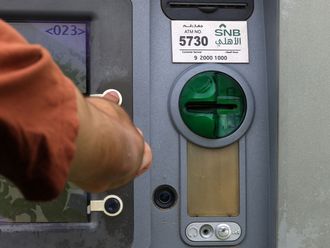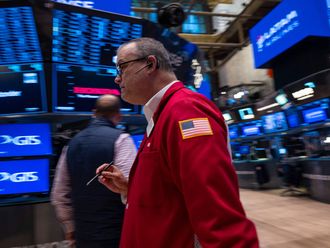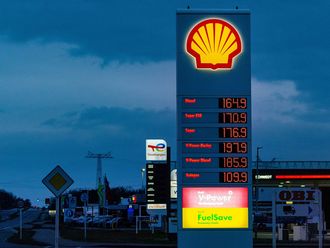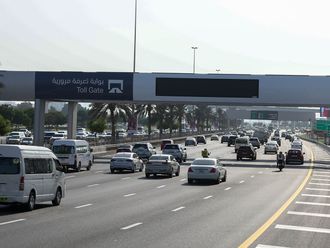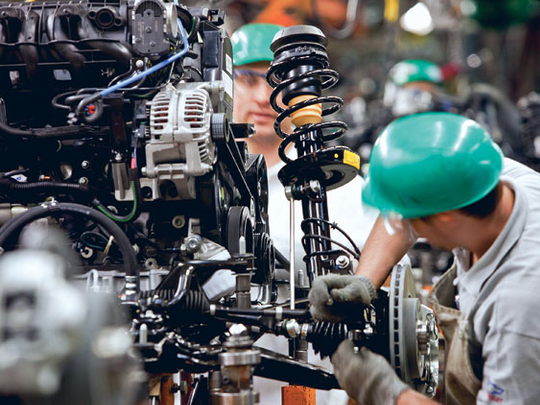
Sao Paulo: Brazil's economy grew 8.8 per cent in the second quarter, defying forecasts of a steep slowdown as booming investment and strong consumer demand helped it outshine struggling economies in the developed world.
Compared with the first quarter, gross domestic product expanded 1.2 per cent in the second quarter, the government's statistics agency IBGE said on Friday.
That outstripped expectations of 0.7 per cent quarterly and 8 per cent annual growth in a Reuters survey.
The solid growth in Latin America's largest economy — the world's eighth-largest — adds more evidence to the growing clout of emerging markets, many of which have posted stronger growth rates this year than more developed nations.
With a presidential election only a month away, the robust growth data could give an added boost to ruling party candidate Dilma Rousseff, who is already surging in the polls thanks to the popularity of her political benefactor, outgoing President Luiz Inacio Lula da Silva.
Inflation control
The latest data fuelled speculation that interest rates may rise again in 2011 to control inflation and prevent overheating. But the central bank tried to reassure markets on Friday that it would not spur higher interest rates.
"The central bank is totally comfortable with this growth, absolutely within forecasts," said Henrique Meirelles, the bank's president. "We expect more moderate growth in the third and fourth quarter, so that the economy grows in balance over the long term," he added. Growth in those quarters should average about 0.7 per cent, he said.
Yields on Brazilian interest rate futures contracts rose nonetheless. The yield on the contract due January 2012, the most active of the session, rose to 11.36 per cent in the afternoon from 11.31 per cent. The yield rose as high as 11.41 per cent earlier in the session.
With growth expected to slow next year, the government sees no need for additional measures to brake activity, Finance Minister Guido Mantega said on a conference call.
"This year we'll have an unusual result for Brazil, with a high rate of expansion, with inflation near the centre of the government target," he said, adding that 2010 growth of at least 7 per cent was certain.
The annual growth came largely on a 26.5 per cent surge year-on-year in capital spending, a sign that companies are investing to keep up with future demand. Industrial output grew 13.8 per cent and household consumption expanded 6.7 per cent even as interest rates rose during the quarter.
While the economy is poised to slow in the coming quarters, the second-quarter expansion was still fast enough to feed expectations of monetary tightening in 2011.
Rate hikes
"Even though there has been a small slowdown it was still a very strong quarter, driven by family spending and domestic demand," said Marianna Costa, an economist with Link Investimentos. "Strong activity shows that the probability of a new cycle of interest rate hikes next year is higher."
Brazil's whopping 9 per cent growth in the first quarter from the year-ago period was its fastest pace in more than a decade and, many analysts said, unsustainable.
The government stepped on the brakes: tax breaks on cars and home appliances that had drawn shoppers into malls and showrooms faded, and the central bank hiked the benchmark interest rate from a record-low 8.75 per cent to 10.75 per cent.
"This [GDP] number shows that the economy is still growing briskly, even after the withdrawal of the measures that fuelled exceptional growth in the first quarter," said Newton Rosa, chief economist with SulAmerica Investimentos.
On Wednesday the central bank said the interest rate hikes did their job.
But with the economy barely slowing in the second quarter from its breakneck pace of the first, the government might need to slow things down more next year to prevent inflation from speeding too far above the official target.




